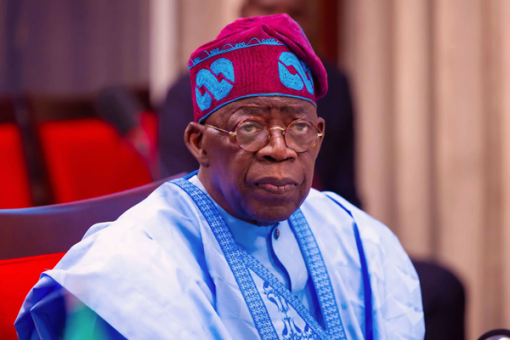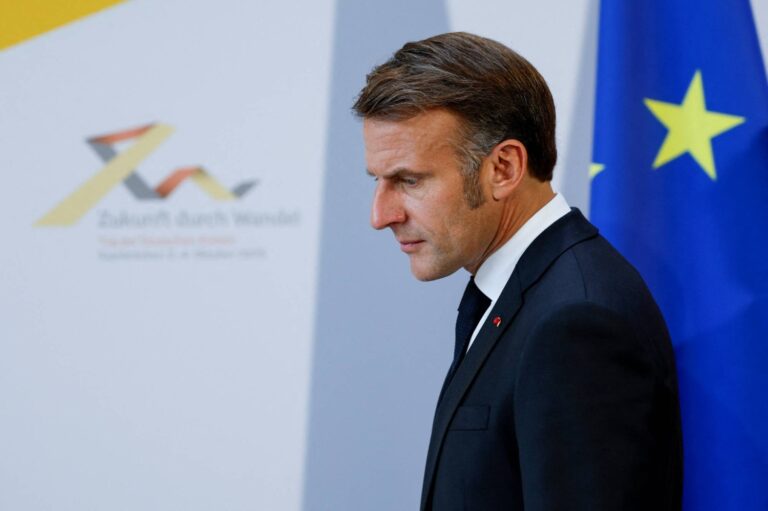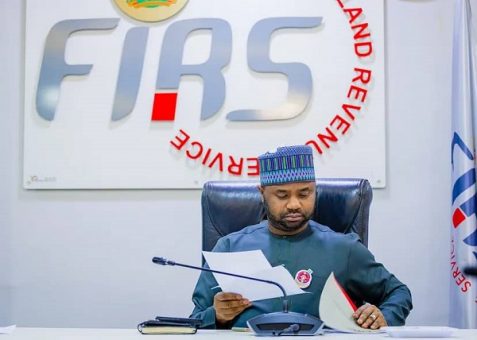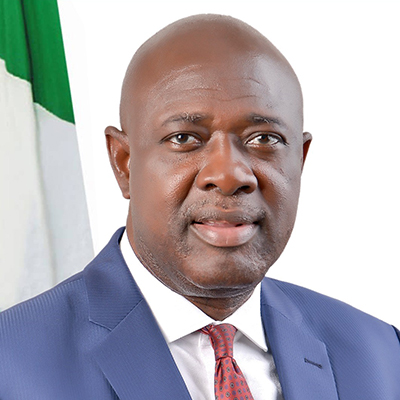
Nigerian citizens have been urged to remain hopeful and patient as President Bola Ahmed Tinubu advances bold economic reforms designed to transform the country’s financial outlook. The Tinubu economic transformation plan prioritizes long-term stability, and key leaders believe it will yield positive results if given sufficient time.
During an interview in Abuja, Senator Sunday Steve Karimi, Chairman of the Senate Committee on Senate Services, called for public support. He acknowledged that President Tinubu inherited a deeply fragile economy and that immediate recovery was never going to be simple. To reset the system, the President has taken strong steps such as removing fuel subsidies and unifying the exchange rate.
Karimi explained that many current economic problems stem from previous administrations. Past policies weakened critical structures, and Tinubu is now working to repair the damage. These reforms aim to attract investment, restore confidence, and create opportunities over time.
Calling Tinubu a courageous and visionary leader, Karimi praised his willingness to make difficult decisions for the nation’s long-term good. He highlighted the President’s commitment to cleaning up governance and rebuilding essential sectors. Although the current hardship is real, Karimi believes it is temporary and necessary for meaningful progress.
He urged Nigerians to trust the President’s intentions. Leaders do not desire to see their citizens suffer, and Tinubu is no exception. Karimi reminded the public that meaningful change often requires sacrifice, and history shows that nations enduring tough reforms frequently emerge stronger.
Rather than focusing solely on economic indicators, Tinubu’s economic transformation plan emphasizes tangible results—such as job creation, business expansion, and improved access to services. The government has already begun responding to high food prices and is putting support systems in place for vulnerable populations. While not immediate fixes, these measures show responsiveness and commitment.
Critics, according to Karimi, should judge the administration by the overall direction it is taking—not just by current discomfort. He encouraged Nigerians to evaluate whether the policies are positioning the country for a more stable and prosperous future.
Reforms typically take time to yield visible benefits. Karimi stressed the importance of focusing on long-term gains rather than short-term pain. Patience and resilience, he said, are essential for national transformation.
As the President continues to roll out his reform agenda, many believe the country is on a path to renewal. With consistent leadership and collective support, Nigeria has a real chance at economic recovery. The Tinubu transformation may take time, but it holds the promise of lasting stability and growth.



